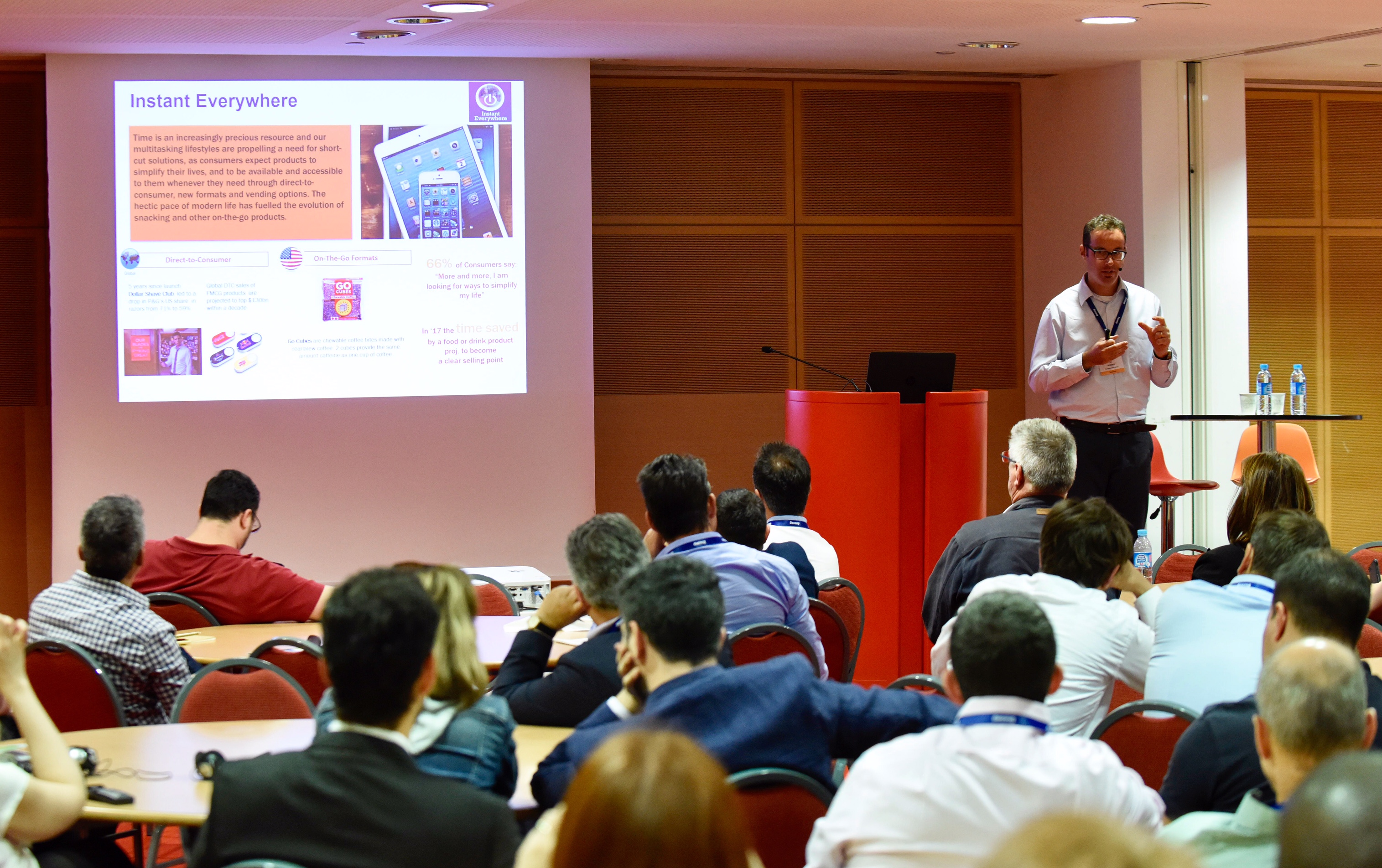The UN’s Food and Agriculture Organization estimates that animal agriculture contributes to around 15% of greenhouse gas emissions of which 60% comes from the consumption of cow products. And with increasing demand for protein from developing nations it’s no surprise that cultured meat is gaining a great deal of traction among investors and entrepreneurs alike.
To date, the most successful alternative meat approach uses plant based proteins in an effort to mimic the taste and feel of meat along with a small number of startups using cellular agriculture to physically culture meat in a laboratory.
However, due to the scale of the process involved with creating cultured meat and its reliance on expensive animal products such as bovine serum albumin, the fermentation medium that is used for cell cultures, industry insiders believe it will cost startups anywhere between $150 million and $370 million to get affordable meat products to the market.

Despite the scale of the process, food technology companies such as Memphis Meats estimates it will have a product on the market by 2021, which they admit will be at a premium price initially, but expect to bring it down to parity with conventional meat eventually. Hampton Creek, which was focused on plant-based alternatives until just a few months ago, has promised to bring a product to market as early as next year.
Commenting Gil Horsky said, “cultured meat is suppose to provide food manufacturers the opportunity to continue to address the growing demand for protein whilst still providing their consumers with the exact same meat taste and texture they know and love, but at the same time significantly lowering the environmental impact of animal agriculture.”
Horsky continued, “based on what we know from industry coverage, cultured meat is still some distance from reaching the market at an affordable price, but the optimism of food technology companies such as Memphis Meat and Hampton Creek suggests we might have an alternative meat product on the market as early as next year.”
About Gil Horsky
Gil Horsky is a Global Innovation Platform lead at Mondelēz International, the world’s biggest snacking company. His passion is growing brands and creating innovative products that will delight consumers around the globe. Throughout his career, Horsky has had the privilege to work on some of the most iconic global brands: Milka, Cadbury, Toblerone, Pepsi, Quaker Oats & Tropicana